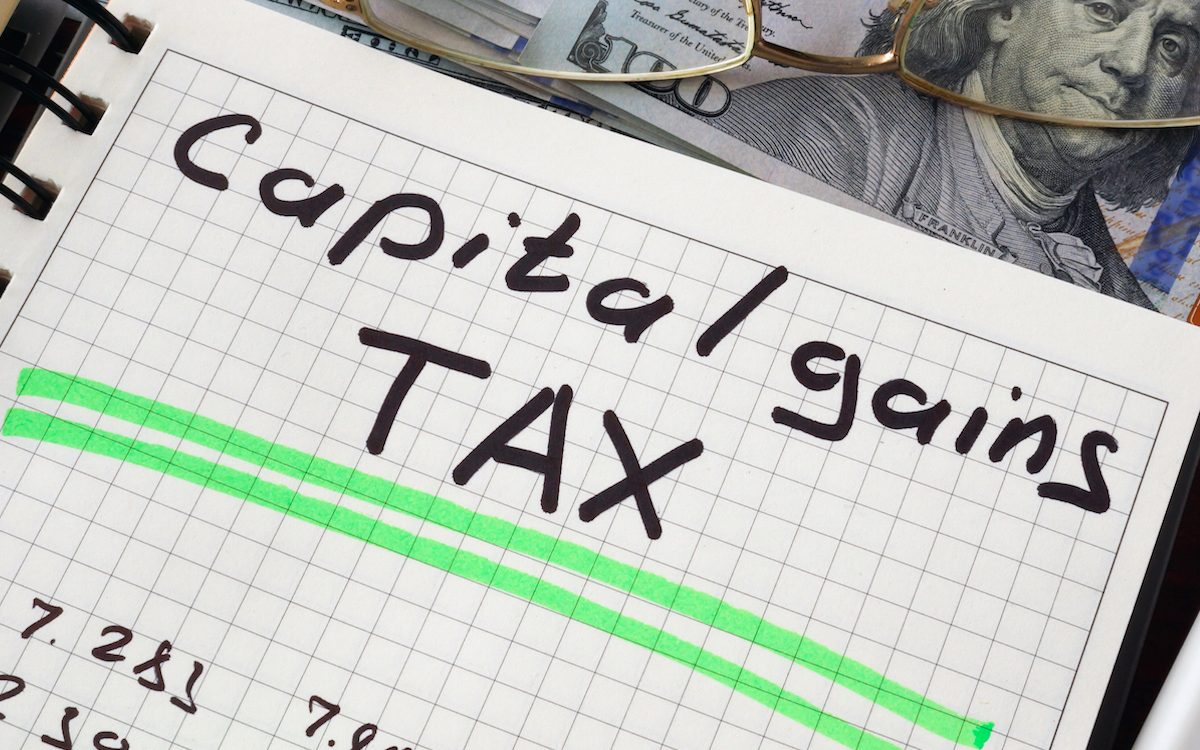If you are planning to sell your investment property, then the 1031 exchange can be a smart strategy for deferring the capital gains taxes on real estate assets.
A 1031 tax deferred exchange may be the best action for you if you’re a real estate investor considering selling your property or expanding and diversifying your portfolio. This blog will discuss all the key points about a 1031 tax-deferred exchange.
In this article, we’ll look at the following:
- A 1031 Tax-Deferred Exchange: What Is It?
- Is 1031 Exchange right for you, and for whom?
- Getting Started with a 1031 Exchange
Key Takeaways
- 1031 exchange is a 100 year old tax break that allows investors to defer the capital gains taxes by investing the sales proceeds in another, like-kind investment property.
- Investors must keep in mind the 1031 exchange timeline to defer taxes.
- Apart from helping investors defer capital gains taxes, a 1031 exchange can be used to diversify investment portfolio and maximize returns on equity.
A 1031 Tax-Deferred Exchange: What Is It?
1031 exchange is a strategy in which investors can diversify and expand their real estate holdings without paying capital gains tax. Basically, under this, you defer the taxes by exchanging one asset for another.
Is 1031 Exchange Right For You?
A 1031 exchange is the ideal strategy to build and diversify your real estate portfolio if you’ve owned the property for a time and want to use that equity.
Corporate stocks and partnership interests don’t qualify for a 1031 exchange. However, you can purchase partial ownership of a group of Grade-A performing real estate assets with a DST (Delaware Statutory Trust).
The Benefits of a 1031 Exchange
1031 exchange can be used to defer Capital Gains Taxes.
The ability to postpone paying capital gains tax is one of the main advantages of a 1031 exchange because it frees up all of your capital to invest in a replacement property.
The main advantage of a 1031 Exchange is that it allows the investor to use all of his equity to expand his portfolio by buying a bigger, replacement property or multiple properties.
Real estate investors can expand and diversify their portfolios through a 1031 exchange.
If you treat your money like an employee, you have to make sure it is working as hard as possible for you. This is good if you own underperforming properties, and you might want to exchange them for something else since they don’t have cash flow as well as you would like or you are having other issues with them. You can maximize your return on your investment portfolio by repositioning yourself by moving from a smaller to a more extensive property or from a property that isn’t performing well to one that is truly going to perform the way you want.



